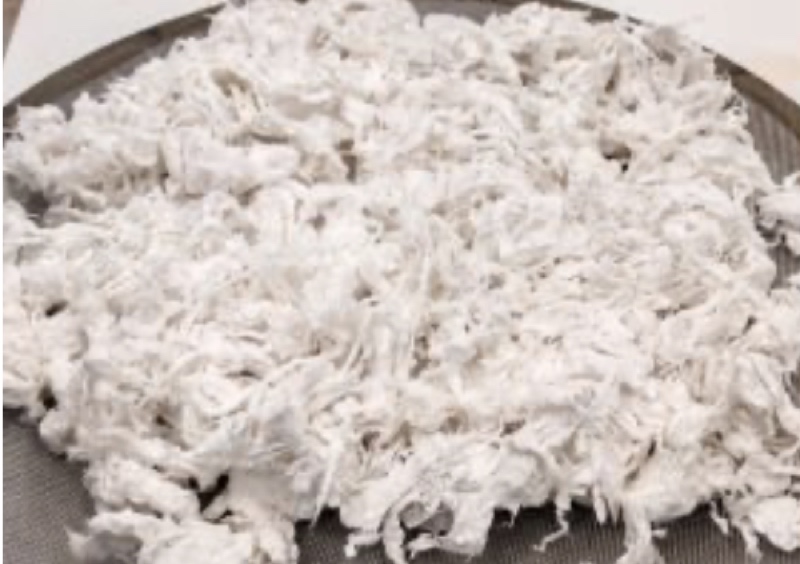Ence and the Swedish start-up ShareTex have successfully conducted the first tests of textile chemical recycling through an innovative technology that does not require high pressure, temperature, nor does it use toxic solvents.
This technology will be verified in the pilot plant that Ence and ShareTex are going to launch in the town of As Pontes in A Coruña and will allow the manufacture of recycled textile fibres.
Within the framework of these tests, a process has been addressed that makes it possible to recover a wider range of products than traditional mechanical recycling, including those whose composition presents a mixture of components (as is the case in most textile products), integrating them back into the textile value chain or into high added value products.
The start-up of the pilot textile waste recycling plant in As Pontes is a strategic project for Ence, as it is in line with the company’s commitment to minimising the use of natural resources, as well as a key project in ShareTex’s strategy to commercialise its technology.
Likewise, the Consorcio Galego para a Reciclaxe Química de Téxtiles Posconsumo (Galician Consortium for the Chemical Recycling of Post-consumer Textiles) is being set up with the main objective of promoting research activity in the field of sustainable recycling technology in Galicia.
This institution is made up of, among others, the Swedish startup ShareTex, Ence, the Centre for Interdisciplinary Research in Environmental Technologies of the University of Santiago de Compostela (CRETUS), the EQ2 group of the University of Vigo, the University of La Coruña, CETIM Technological Centre, AIMEN Technological Centre and the textile recycling companies Insertega and Coleo.
Ence in As Pontes
Ence will carry out an investment of up to 355 million in the implementation of the three phases of its overall project in As Pontes, a project that will generate about 1,250 jobs.
With regard to these phases, the first will involve the implementation of a recovered fibre plant which includes the pilot plant for the recovery of textile fibres, the second includes a cogeneration plant of 150 MW of thermal power and about 50 MW of electrical power and the third, a tissue plant.

